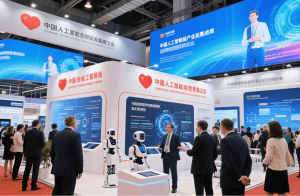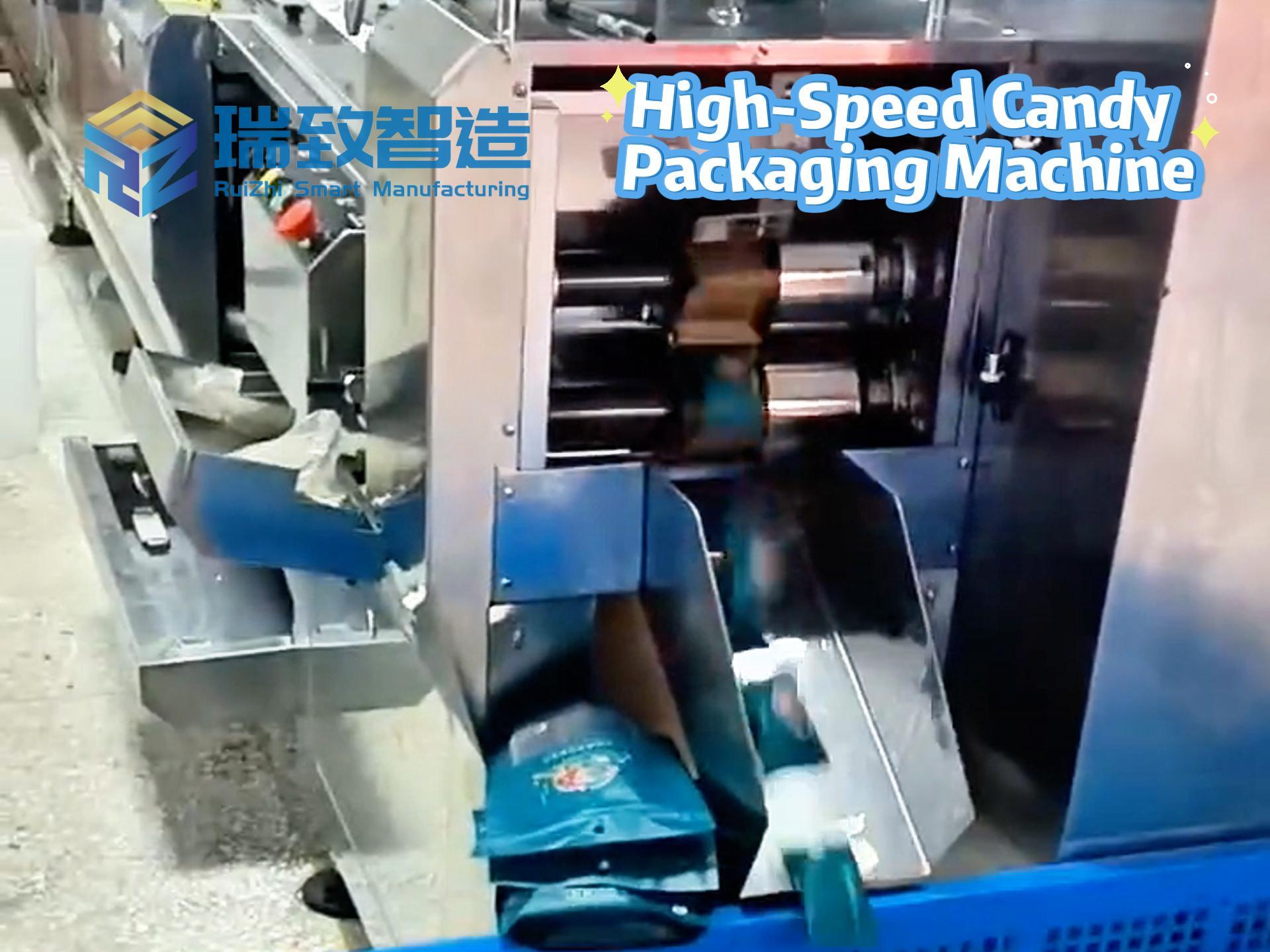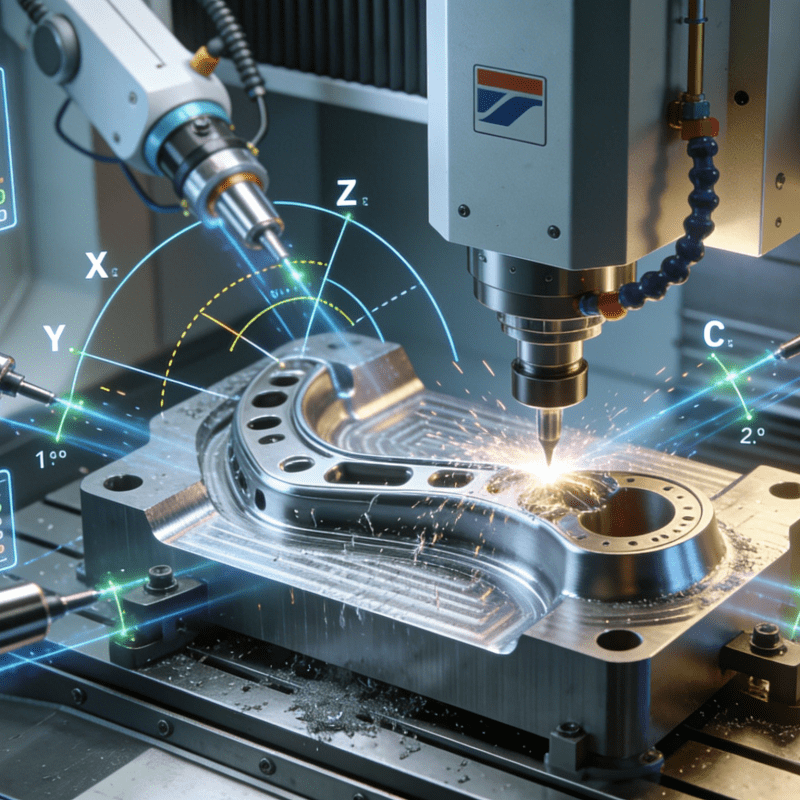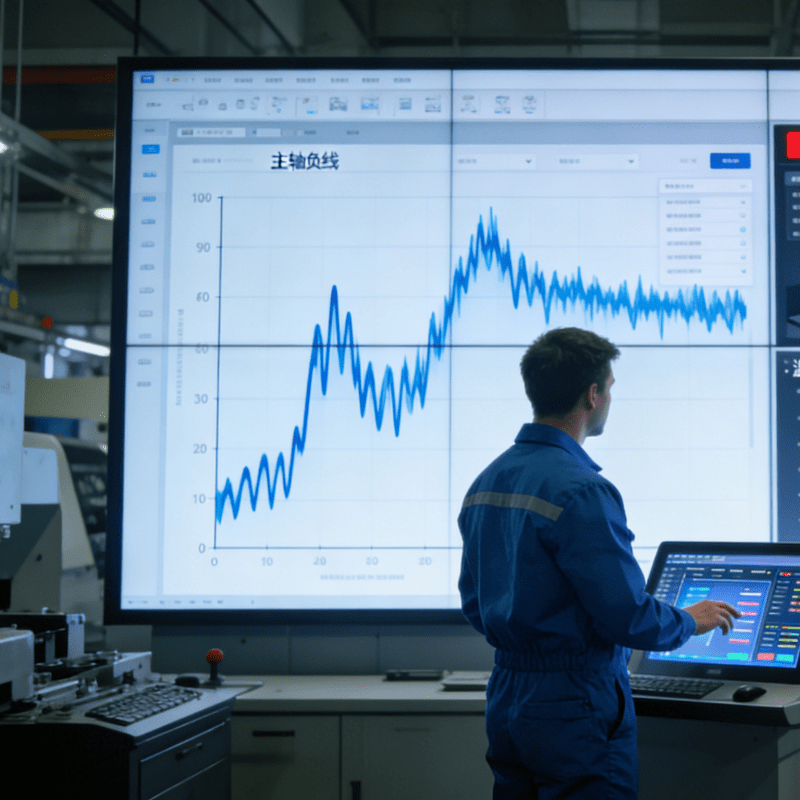Table of Contents
ToggleEnhanced Regulations Set to Propel China’s AI Boom in Global Race: Steering Intelligent Automation with Legal Clarity

China is accelerating the refinement of its regulatory framework for artificial intelligence (AI), aiming to guide the technology’s integration with intelligent automation and industrial automation while ensuring responsible use of automation equipment. The Supreme People’s Court’s work report emphasizes adjudicating AI cases to support “lawful application and regulated development,” a move that signals more than legal oversight—it’s a strategic effort to position China as a global leader in governing AI-driven industrial transformation. As AI becomes the nervous system of intelligent automation, these regulations will define how AI-powered systems interact with industrial automation infrastructure and automation equipment across manufacturing, logistics, and beyond.
In 2025, the Standing Committee of the National People’s Congress will strengthen legislative research in emerging fields like AI, the digital economy, and big data—an initiative rooted in the need to address real-world challenges. From copyright ownership of AI-generated content to data privacy in smart factories, the 3,307 AI-related court cases recorded since 2018 (the first year of AI industrialization) highlight the urgency for clear legal guidelines.
A Regulatory Roadmap for AI’s Industrial Integration
China’s legal governance of AI began with the State Council’s 2017 Development Plan for the New-Generation Artificial Intelligence, which set a goal to establish a comprehensive legal, regulatory, and ethical framework by 2030. This framework is now taking shape, with cybersecurity and digital economy laws evolving to meet AI’s demands. For instance, the first copyright case involving AI-generated images in 2024 underscored the need to clarify intellectual property rights in the era of intelligent automation.
Globally, AI mentions in legislative proceedings nearly doubled from 1,247 in 2022 to 2,175 in 2023, according to the Stanford AI Index Report. China’s response stands out for its focus on industrial application: By regulating how AI integrates with industrial automation systems and automation equipment, the country aims to balance innovation with accountability.
Balancing Innovation and Accountability in Intelligent Automation
The 2025 Government Work Report’s emphasis on “AI Plus” integration with manufacturing reflects a strategic vision: AI must power productivity gains while adhering to legal standards. This is particularly critical for industries where automation equipment (from robotic arms to AI-driven supply chain systems) is becoming increasingly autonomous. Regulations will ensure that AI algorithms used in industrial automation are transparent, unbiased, and safe—for example, preventing unexpected failures in factory robotics or ensuring data privacy in smart manufacturing.
“Strengthening legal and regulatory support will be crucial in fostering the healthy development of China’s AI industry,” notes the Legal Daily. This includes addressing algorithmic bias in AI systems that manage industrial processes, as well as defining liability for AI-driven decisions in automation equipment operations.
Conclusion: Regulations as the Cornerstone of AI-Driven Industrial Leadership
China’s regulatory push isn’t just about compliance; it’s about defining the rules of the game for intelligent automation on the global stage. As AI becomes embedded in industrial automation systems and automation equipment, clear laws will foster innovation while preventing risks—whether ensuring AI algorithms in factories are transparent or safeguarding data privacy in smart manufacturing.
The 2025 focus on AI legislation in emerging fields like the digital economy sends a message: China aims to lead not just in AI technology but in its responsible integration with industrial automation. By balancing innovation and regulation, China positions itself to shape how intelligent automation evolves—ensuring that every piece of automation equipment, every industrial AI system, contributes to a sustainable, legally sound technological revolution. In the global AI race, regulations are not obstacles but the tracks on which China’s intelligent automation future will run. This proactive approach not only safeguards domestic innovation but also establishes China as a key influencer in global AI governance, where the fusion of intelligent and industrial automation is set to redefine 21st-century industry.




















